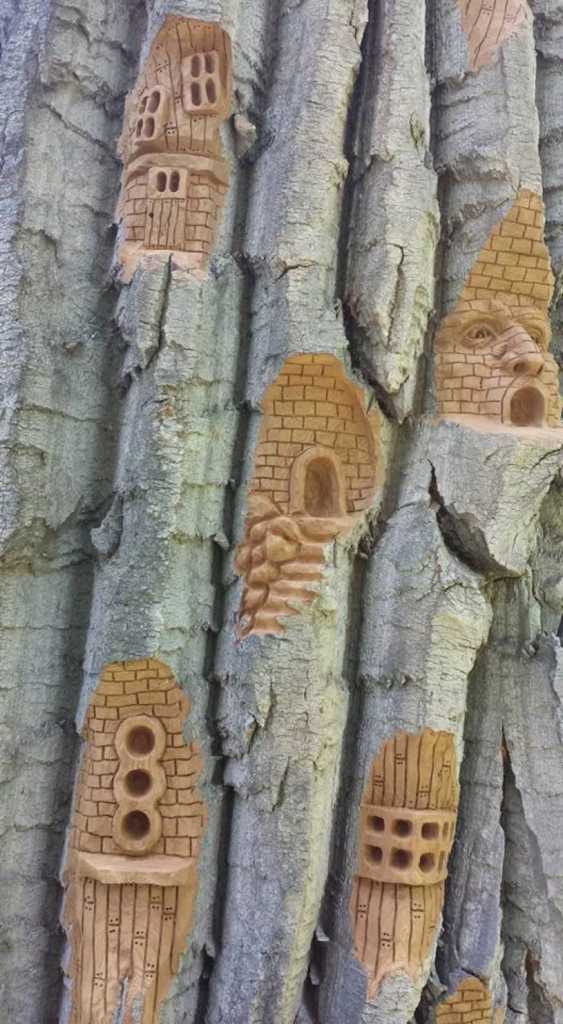
As educators, one of the core principles we hold dear is the ability to create respectful, inclusive environments that foster student learning and development. Standard 5 of the Professional Standards for BC Educators speaks to the importance of effective planning, instruction, assessment, and reporting, all while valuing collaboration and considering individual contexts and local environments. Recently, I had the opportunity to put this standard into practice during a field trip to Cottonwood Island Park, where we worked together to plan a lesson on the impacts of climate change.

The field trip was a perfect opportunity to connect the classroom with the local environment. Cottonwood Island Park was the ideal backdrop to discuss the real-world implications of climate change. We gathered in groups of four to design a dynamic, inquiry-based lesson that would engage students in meaningful learning. The experience was collaborative from the start. Each group member brought a unique perspective, which enriched the planning process.
Through ongoing collaboration, we were able to build a lesson that not only addressed the academic content of climate change but also connected students emotionally and intellectually to their immediate environment. The diversity of ideas made the lesson more dynamic and well-rounded, incorporating elements I wouldn’t have thought to include on my own.

Incorporating diverse instructional strategies and adapting our plan to reflect the local context was a powerful reminder of how interconnected teaching and learning truly are.

One of the key takeaways from this experience was the importance of knowing when to seek support and collaborate with others. As educators, it’s easy to get caught up in wanting to have all the answers, but working together reminded me of the power of community. By leaning on each other’s strengths, we were able to create a more robust lesson that better met the needs of our students.
Reflecting on the experience, I feel more confident in my ability to create meaningful learning experiences that are grounded in the local environment, relevant to students’ lives, and collaborative in nature. This field trip to Cottonwood Island Park not only strengthened my teaching practice but also deepened my appreciation for the importance of working together to foster a truly inclusive and dynamic learning environment.

As we continue to move forward as educators, it’s essential that we recognize the interconnectedness of all aspects of teaching and learning, from lesson planning to assessment, and always seek opportunities to collaborate with our peers. This field trip was a perfect example of how powerful collaboration can be in crafting thoughtful, engaging learning experiences that reflect the unique contexts in which we teach.